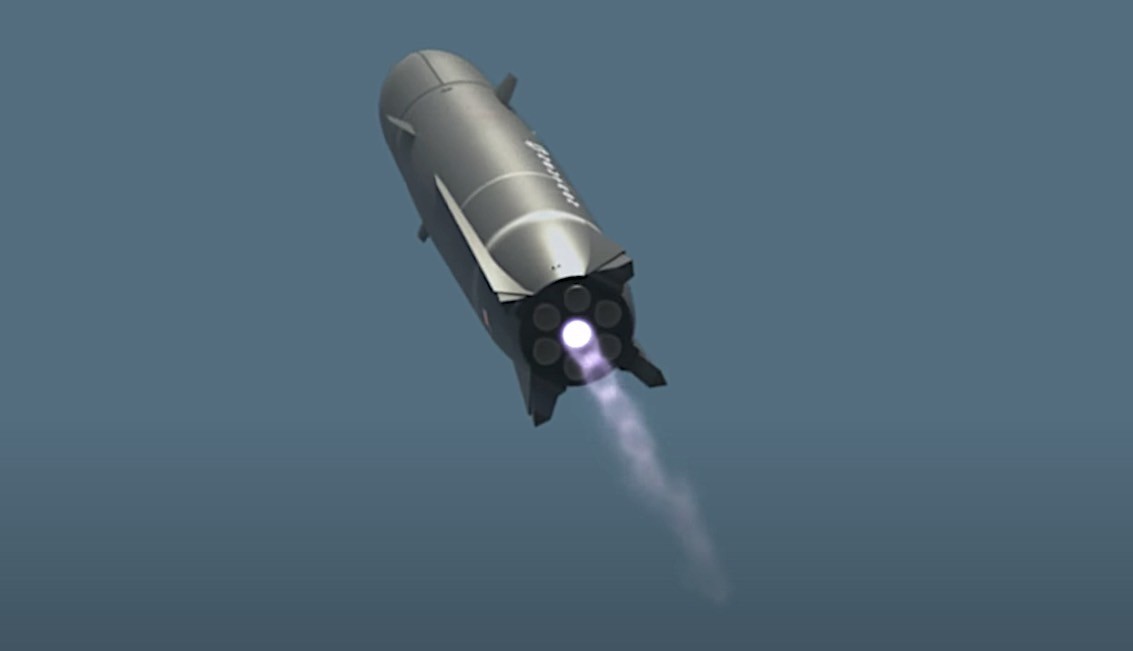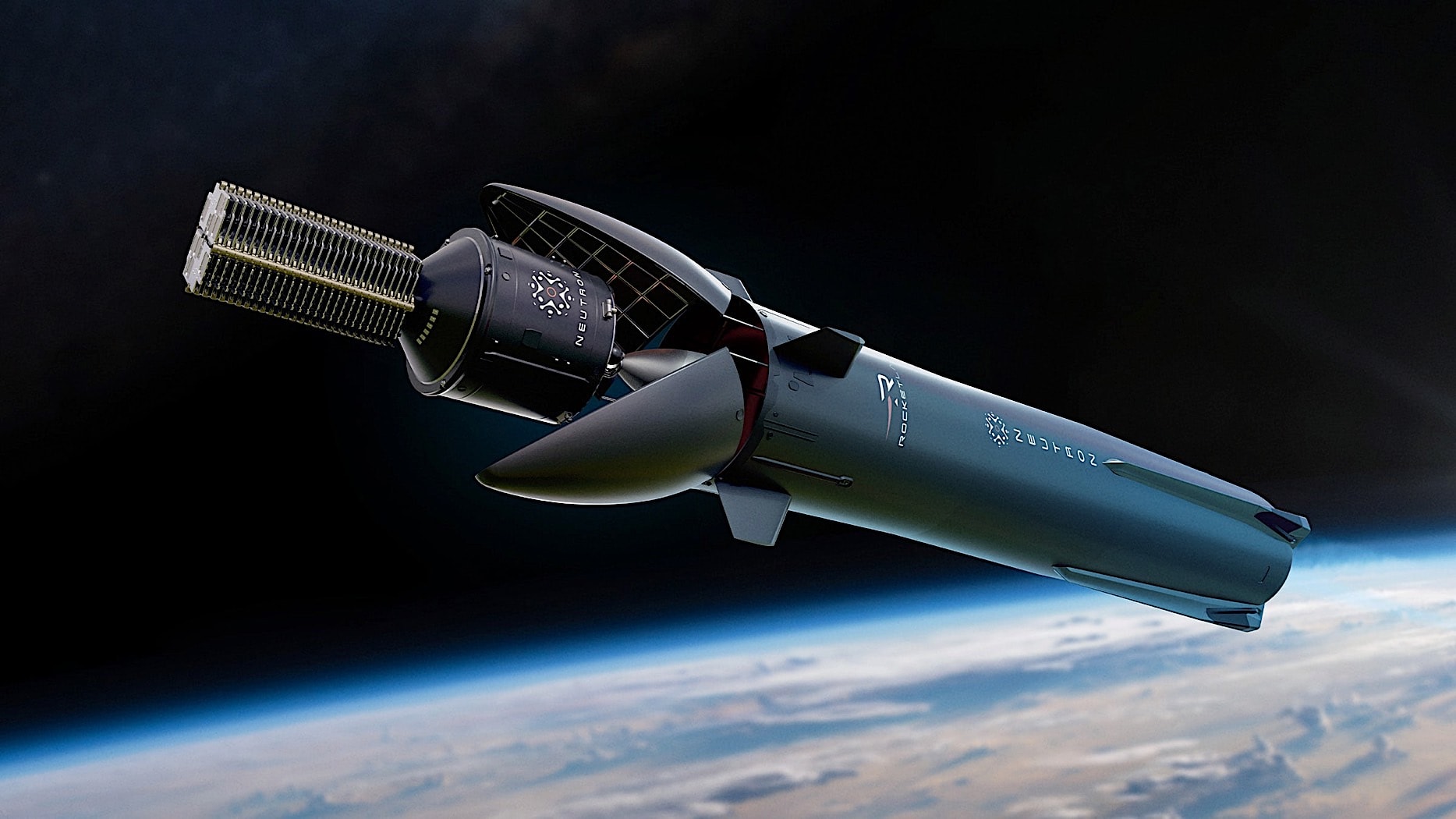Ever since SpaceX popularized reusability as a key feature in space travel, many companies in the industry have shifted their focus toward developing hardware capable of multiple flights. Rocket Lab, primarily known as a launch service provider, emerged in 2006 and quickly established itself as a major player akin to SpaceX.
Currently, the company operates by launching payloads into space for various clients, including NASA and the U.S. Space Force, utilizing its Electron rocket. The Electron rocket is hailed as the only reusable small launch vehicle operational today, having completed 47 missions and deploying a total of 183 satellites.
Its success has paved the way for innovation, leading to the development of a new project: Neutron. Unlike the Electron, Neutron is a medium-lift vehicle aimed at deploying mega-constellations of satellites, facilitating deep space missions, and potentially accommodating crewed missions.

Standing at 40 meters (131 feet) tall, Neutron is projected to lift 13,000 kg (28,660 pounds) of cargo to low-Earth orbit or transport 1,500 kg (3,300 pounds) of payload as far as Mars. Initially scheduled for launch this year, the inaugural mission has been postponed to no earlier than the middle of the following year due to delays in the development of its engine, known as Archimedes.
Notably, both versions of the Archimedes engine are engineered for multiple restarts, enabling flexibility in orbital maneuvers. The first-stage engine is designed for up to 20 launches, while the vacuum version allows for up to six restarts, facilitating precise orbital adjustments.
As Rocket Lab progresses with engine testing at the NASA Stennis Space Center and infrastructure development at Wallops Island, Virginia, where Neutron will be based, anticipation grows for the next chapter in space exploration.

